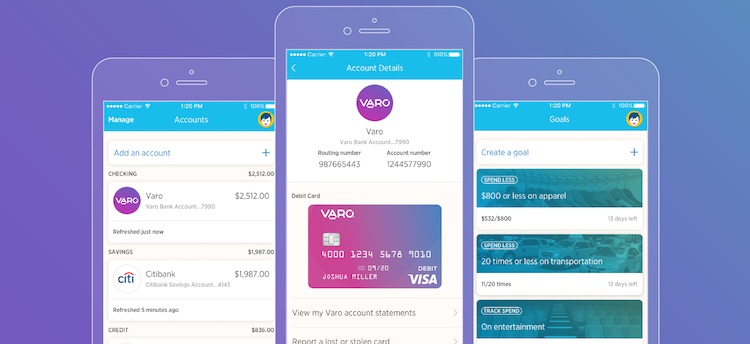The Customer Effect
Why Varo Money wants to become a full-service bank
- Mobile banking startup Varo money recently applied for a banking license to broaden the range of services it offers.
- The move could help Varo generate additional revenue streams from deposits and lending products.








